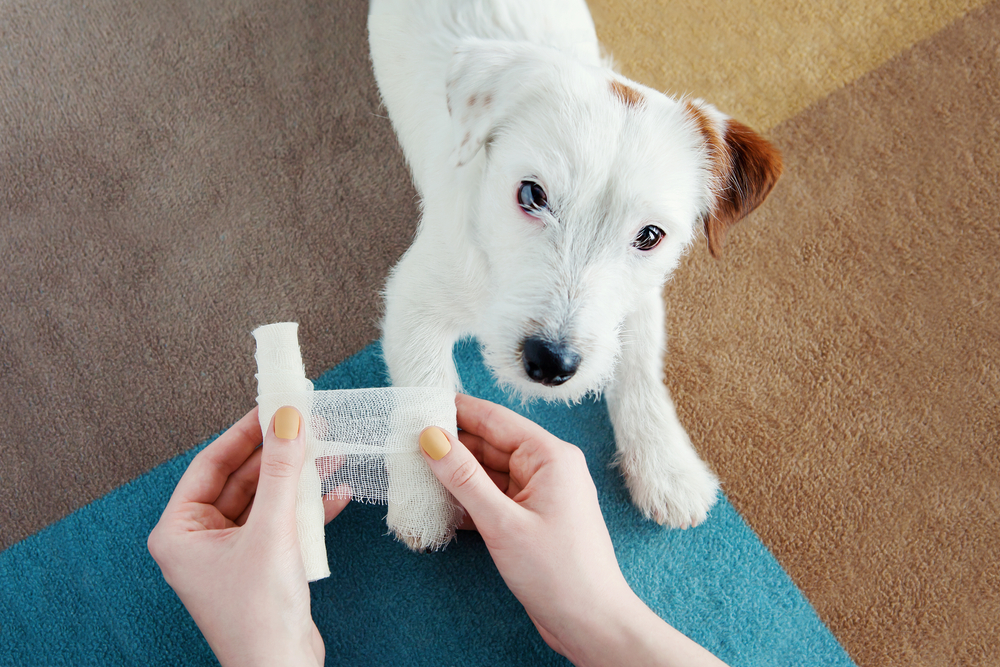If you need more information about Emergency and Urgent Veterinary Care Know the Difference, you can check the following LINK.

Ensuring the health of your furry pal is a pet owner’s responsibility. Yet, determining a health concern’s urgency can be challenging, especially when your pet needs help after our normal business hours. Can the problem wait, does it require urgent care, or is emergency care more appropriate? The Town & Country Animal Hospital team offers insights into when and where to take your pet for after-hours care, and what to do if you’re unsure.
Urgent pet care situations
Urgent veterinary care hospitals are becoming more popular and widespread. They are designed to handle issues in that grey area—the ones that shouldn’t wait a few days for a regular appointment, but aren’t quite emergencies either. Most urgent care locations have extended and weekend hours, but may not be open overnight for ongoing hospitalization. Our veterinary hospital can accommodate some urgent care situations during normal business hours.
Examples of conditions that may require an urgent veterinary hospital visit include:
- Torn toenails
- Minor lacerations
- Bite wounds or abscesses
- Acute or intermittent vomiting or diarrhea
- Slight change in appetite or thirst
- Urinary tract infections
- Mild to moderate pain
- Allergic reactions
- Eye irritation
Emergency pet care situations
Emergency veterinary hospitals are designed to handle serious, life-threatening, and complex veterinary issues. While urgent care hospitals typically treat your pet as an outpatient, emergency hospitals are equipped to handle overnight hospitalization. Many emergency clinics are also part of larger hospitals with specialty departments and intensive care units.
The emergency clinic is the best place if other hospitals are closed, your pet has a complex health history, their condition appears serious or life-threatening, or if you suspect they will require overnight care. Examples of conditions that require an emergency hospital visit include:
- Difficulty breathing
- Trauma (i.e., hit by car, fall, dog fight)
- Broken bones
- Weakness or paralysis
- Severe or uncontrolled bleeding
- Toxin ingestion
- Anaphylactic reaction
- Distended abdomen
- Severe vomiting or diarrhea, with or without blood
- Heatstroke
- Inability to urinate or difficulty passing urine
- Seizures
- Collapse or loss of consciousness
- Prolonged or difficult labor
- Severe pain or discomfort
Regular pet care situations
In most other situations, you can safely wait for the next available regular appointment with our veterinary team. For example, pets with routine veterinary issues, such as skin or ear conditions, dental concerns, lumps and bumps, chronic disease rechecks, wellness visits, minor lameness, or intermittent vomiting and diarrhea, should be seen during normal hours.
When you schedule routine visits with our veterinary team whenever possible, we can build a relationship with you and your pet, which can facilitate better long-term care. As we get to know your furry pal, we can more easily identify abnormalities and suggest treatments that will work best.
What to expect during an urgent or emergency veterinary visit
When you visit a clinic designed to handle urgent and emergency issues, the process is a little different than at a regular clinic. Instead of scheduled appointment times or first-come, first-served, these hospitals see cases in the order of urgency. If the team deems your pet stable after a quick evaluation, you could wait several hours for treatment. When you are seen, the team will discuss their findings about your pet, recommend diagnostic tests, determine treatment options, and present you with cost estimates at each step.
Tips for assessing your pet’s condition

Assessing your pet’s condition is a pivotal aspect of determining where and when to seek care, although many pet owners have difficulty thinking clearly and accurately determining their pet’s needs in the moment. But, as your pet’s owner, you know them better than anyone and have insight into their normal behavior. If you think something is abnormal, don’t ignore your instincts. Use our example conditions above to help guide your decision-making. When in doubt, contact a veterinary professional at Town & Country Animal Hospital.
We don’t expect pet owners to have all the answers when it comes to emergency and urgent veterinary care. The Town & Country Animal Hospital team is available for urgent visits during regular business hours. When you have questions or concerns about your pet’s health,
Get even more great ideas about Emergency and Urgent Veterinary Care Know the Difference by visiting our recommendation website with LINK. Thank you for visiting l2sanpiero.com with article Emergency and Urgent Veterinary Care Know the Difference. Good luck and see you in the next article